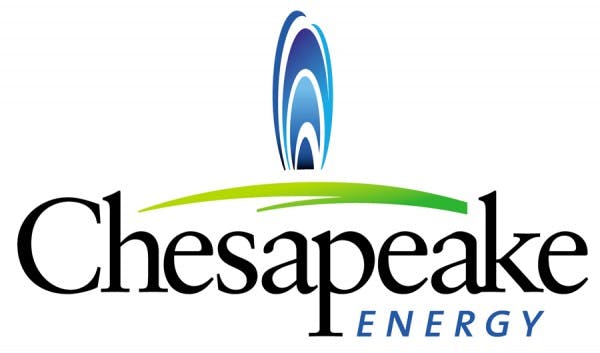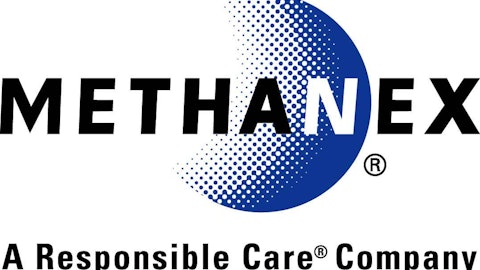America’s shale boom, powered by advances in drilling technologies that have unlocked massive amounts of oil and gas from shale reservoirs previously thought inaccessible, has radically transformed the nation’s energy landscape. And the rest of the world has taken notice.
In fact, joint ventures by foreign firms accounted for a fifth of the $133.7 billion invested into U.S. shale plays during the years 2008-2012, according to the U.S. Energy Information Administration. Since 2008, foreign companies have invested more than $26 billion in U.S. shale oil and gas plays and participated in 21 joint ventures with U.S. energy companies.

Foreign firms typically purchase a stake in a U.S. host company’s acreage via an upfront cash payment and commitment to cover an agreed-upon portion of the drilling cost within an agreed-upon time frame – in a commonly used arrangement known as a drilling carry.
Notable foreign joint ventures
The practice has been quite common among foreign companies engaging in joint ventures with U.S. firms. For instance, the use of a drilling carry was a feature of Chesapeake Energy Corporation (NYSE:CHK)‘s transaction with China’s largest energy company, CNOOC Limited (ADR) (NYSE:CEO), back in 2010, though it was noticeably absent from its most recent joint venture agreement with Sinopec Shanghai Petrochemical Co. (ADR) (NYSE:SHI).
Under the terms of the first arrangement, CNOOC Limited (ADR) (NYSE:CEO) bought one-third undivided interest in a portion of Chesapeake Energy Corporation (NYSE:CHK)’s Eagle Ford assets and agreed to fund 75% of Chesapeake Energy Corporation (NYSE:CHK)’s drilling and completion expenses, subject to the natural gas producer paying CNOOC Limited (ADR) (NYSE:CEO) $1.08 billion in cash at closing.
A drilling carry also featured prominently in Devon Energy Corp (NYSE:DVN)‘s transaction with Chinese oil behemoth Sinopec last year. Under the terms of the agreement, Sinopec Shanghai Petrochemical Co. (ADR) (NYSE:SHI) purchased a third of Devon Energy Corp (NYSE:DVN)’s equity in shale gas assets in the Niobrara, Utica, and Tuscaloosa Marine shales, as well as properties in Mississippi Lime play and the Michigan basin.
The acquisition basically allowed Sinopec Shanghai Petrochemical Co. (ADR) (NYSE:SHI) to finance Devon Energy Corp (NYSE:DVN)’s drilling expenses over an agreed-upon period of time, while providing Sinopec with key insight into the nuances of shale drilling. As Devon’s transaction highlights, the general nature of these joint ventures is mutually beneficial: In exchange for providing financing, Chinese companies gain a better understanding of how to more efficiently drill shale wells.
After all, Chinese firms have a strong incentive to learn all they can about shale drilling because China allegedly contains shale gas reserves whose size may rival even that of America’s. Yet Chinese companies have virtually no experience in shale drilling. In fact, out of the sixteen Chinese companies that recently obtained drilling rights in Chinese shale gas fields, not a single one had developed a shale gas well before.
So far, however, foreign joint ventures have tended to focus on more liquids-rich plays, such as the Eagle Ford, Utica, and Wolfcamp plays. That’s not surprising since most energy producers have drastically curtailed gas drilling, due to an extended period of depressed gas prices. It will be interesting to see if the foreign joint venture trend accelerates when gas prices recover to a level that incents producers to rush back into gassier plays.
The article Foreign Investment Flooding Into U.S. Oil and Gas Fields originally appeared on Fool.com and is written by Arjun Sreekumar.
Motley Fool contributor Arjun Sreekumar has no position in any stocks mentioned. The Motley Fool owns shares of Devon Energy and has the following options: Long Jan 2014 $20 Calls on Chesapeake Energy, Long Jan 2014 $30 Calls on Chesapeake Energy, and Short Jan 2014 $15 Puts on Chesapeake Energy.
Copyright © 1995 – 2013 The Motley Fool, LLC. All rights reserved. The Motley Fool has a disclosure policy.


